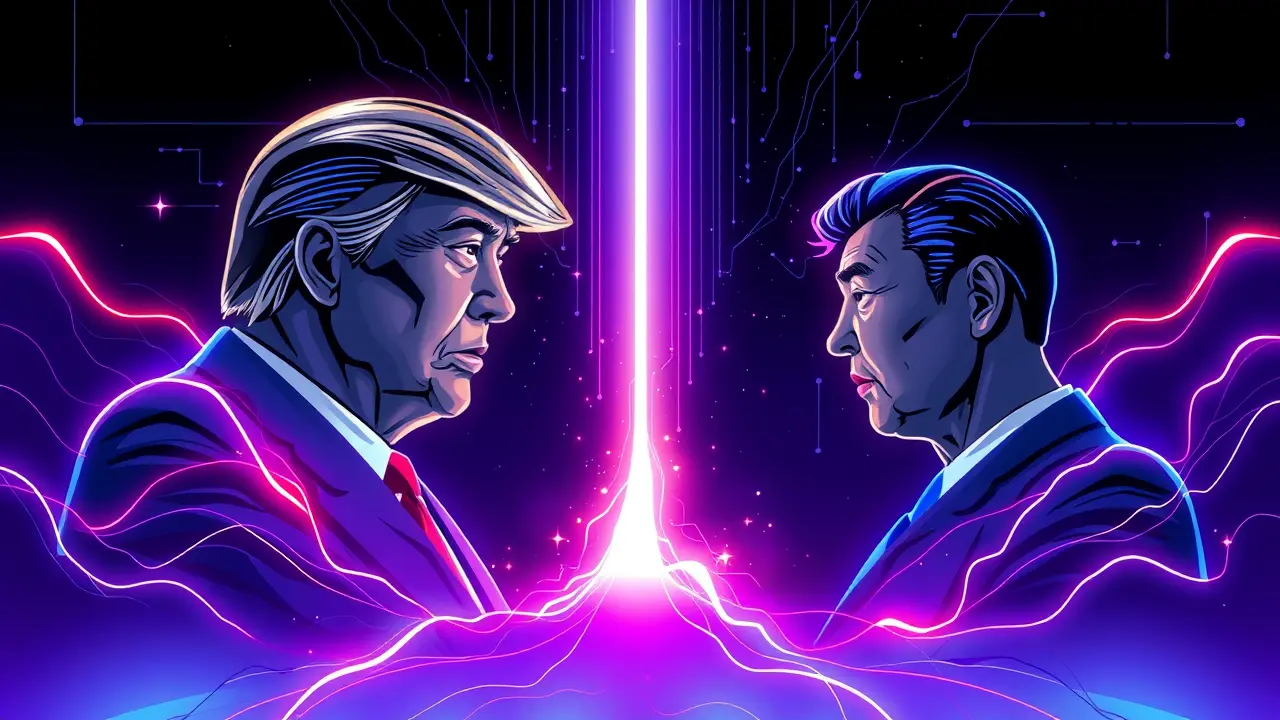Trump and Xi Trade Tactics Stall Trade War Negotiations
The high-stakes political theater between Donald Trump and Xi Jinping has escalated into what veteran strategists are calling the most volatile trade negotiation in modern history, a masterclass in political maneuvering where traditional diplomacy has been systematically replaced by calculated brinkmanship. This isn't merely a trade dispute; it's a full-spectrum political campaign waged on a global economic battlefield, complete with rapid-fire policy announcements, strategic leaks, and a relentless media offensive designed to sway both domestic audiences and international markets.The recent whiplash-inducing shift from Trump's bellicose threats to impose sweeping tariffs to a sudden, almost conciliatory tone regarding a potential summit with Xi exemplifies a deliberate strategy of keeping adversaries perpetually off-balance, a tactic straight from the playbook of a political operative rather than a career diplomat. Behind the scenes, this approach has created a policymaking environment described by former U.S. Trade Representative officials as 'chaotic by design,' where career civil servants scramble to interpret off-the-cuff tweets that instantly redefine American economic policy, while their Chinese counterparts in Beijing's Zhongnanhai compound resort to their own form of strategic patience mixed with retaliatory precision strikes, carefully calibrating their responses to target politically sensitive agricultural sectors in key Trump-voting states.The fundamental breakdown isn't just about intellectual property theft or the bilateral trade deficit; it's a profound clash of political systems and negotiating cultures, pitting America's transparent, yet often unpredictable, presidential authority against China's opaque, consensus-driven party apparatus. Historical precedents from the Reagan-era Plaza Accord to the Clinton administration's fraught negotiations with Japan over auto parts reveal that successful economic statecraft requires a foundation of trust and procedural predictability, elements conspicuously absent in the current 'blame game' dynamic.The consequences of this norm-shattering approach extend far beyond soybean tariffs and semiconductor restrictions, potentially triggering a irreversible fragmentation of the global supply chains that have underpinned worldwide economic growth for decades, forcing multinational corporations to maintain parallel, duplicative operations in both spheres of influence at immense cost. Financial markets, once able to price in policy risks based on established diplomatic channels, now swing wildly on the merest hint of a presidential tweet, creating a volatility premium that acts as a hidden tax on global commerce. As both superpowers dig in for what looks like a protracted economic cold war, the real battle is for the future of the global economic order itself—will it remain a multilateral system governed by established rules and institutions like the WTO, or will it fracture into competing blocs defined by raw political power and bilateral leverage? The answer, it seems, will be determined not in quiet diplomatic parlays, but in the relentless, high-stakes political arena where every tariff threat and canceled meeting is a calculated move in the greatest power struggle of the 21st century.
JA
Jamie Larson123k2 days ago
it's like watching two people trying to build a house while they're still arguing over the blueprint idk where this even ends
0
